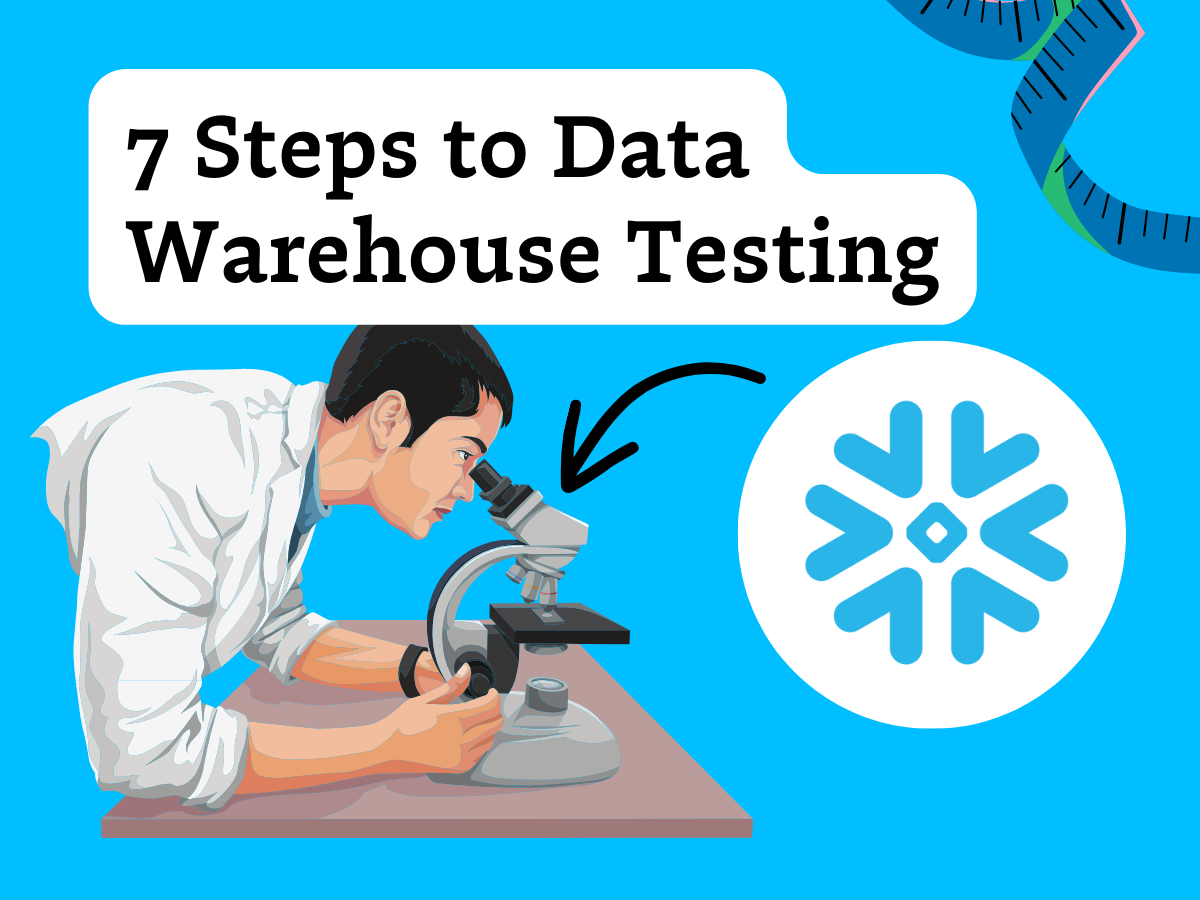Scaling Data Observability to Transactional Databases with Monte Carlo’s Postgres, MySQL, and Microsoft SQL Server Integrations
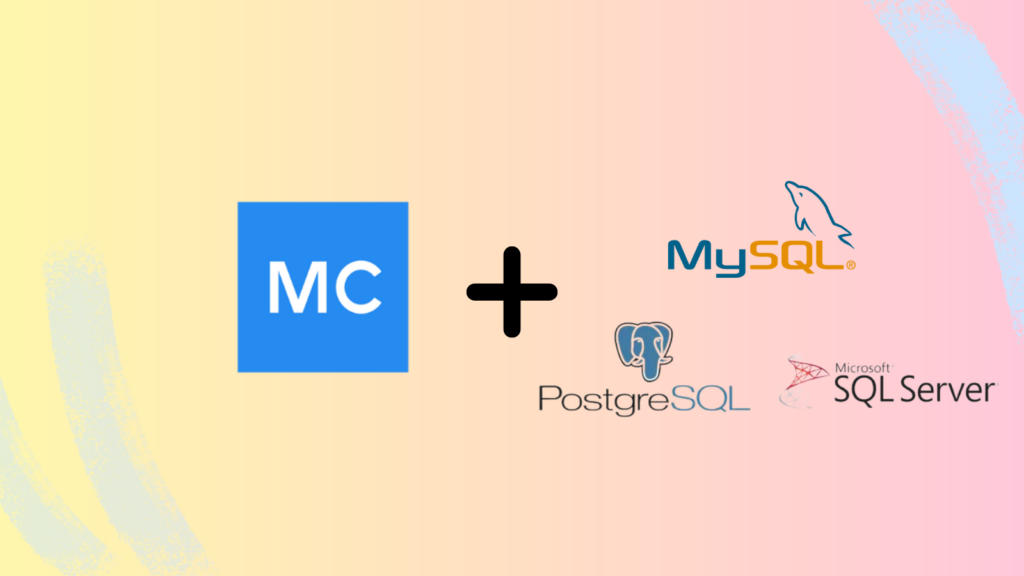
Judging by the conversations happening across the data engineering community, you’d think every team was in the midst of adopting an advanced data mesh architecture or weaving an industry-leading data fabric. Or that these innovative leaders only permit the latest and greatest tools and platforms to populate their data stacks.
But the reality is, transactional databases remain incredibly popular even in analytics use cases. Many, many data teams rely on them every day to power reporting and data products. That’s why we’re excited to announce the Monte Carlo data observability platform now integrates with Postgres, MySQL, and Microsoft SQL Server databases.
These relational databases are long-established workhorses that countless organizations have relied on to store and query data for decades. Postgres and MySQL are free and open-source, making them especially easy to adopt, and of course they are still a standard part of many applications.
By extending our data quality coverage to transactional databases, teams that rely on these longstanding tools can detect and resolve data quality issues faster—and, should they choose to do so, migrate to new platforms easily and with peace of mind.
Automating data quality monitoring for transactional databases
With these integrations, data teams can now benefit from monitoring and alerting across both their modern data stacks and transactional databases.
Migrate data with peace of mind
These integrations offer in-the-moment and business data rule coverage of transactional databases and set the stage for successful migrations in the future.
As more companies adopt a modern data stack with cloud-based warehouses and lakes, data teams are faced with migrating vast amounts of data off of transactional databases. But those migrations can be difficult when the data within those legacy databases may be stale, duplicative, or otherwise inaccurate.
By extending automated data observability to Postgres, MySQL, and SQL Server, Monte Carlo makes it possible for data teams to migrate data with confidence, knowing poor-quality data won’t fall through the cracks and jeopardize future decision-making or product development.
Build trust across your entire data stack
Data observability empowers teams to address data quality issues head-on. By extending coverage to transactional databases, monitoring and alerting will greatly reduce the time to detection of data issues.
Ultimately, these new integrations will allow teams that rely on a hybrid of both data warehouses and transactional databases to achieve a higher level of trust in data across the organization.
How these integrations work
Data engineers can use the Monte Carlo integrations with Postgres, MySQL, and SQL Server to monitor data assets through custom SQL monitors. These can be created within the Monte Carlo UI, or programmatically via monitors as code. For developers who need more flexibility, the Monte Carlo API and SDK provide additional customization.
Once these custom SQL monitors are in place, they can be used to generate incidents and notify relevant stakeholders, circuit break pipelines when data fails to meet certain thresholds, and speed up root cause analysis.
The end result: more visibility into data health, faster incident resolution, and more trust in data across the entire data stack.
Get started with transactional database observability today
Want to learn more about these new integrations? Check out our documentation for all the details on how to implement Monte Carlo across your Postgres, MySQL, or SQL Server databases.
Curious how data observability can help your company achieve end-to-end data observability? Let’s talk. Reach out to the Monte Carlo team to see our platform in action.
Our promise: we will show you the product.
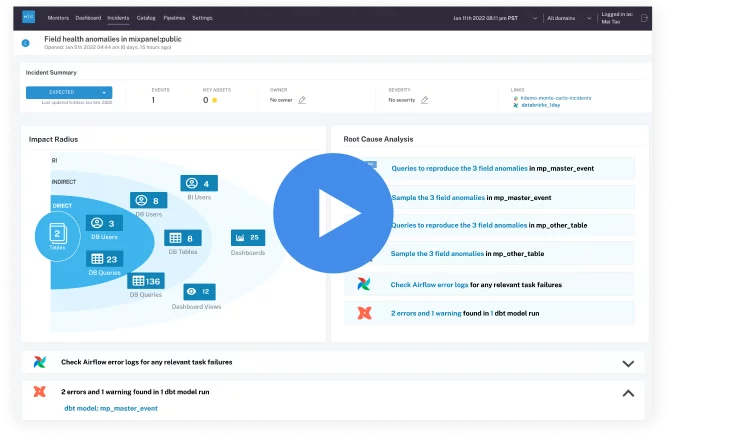 Product demo.
Product demo. 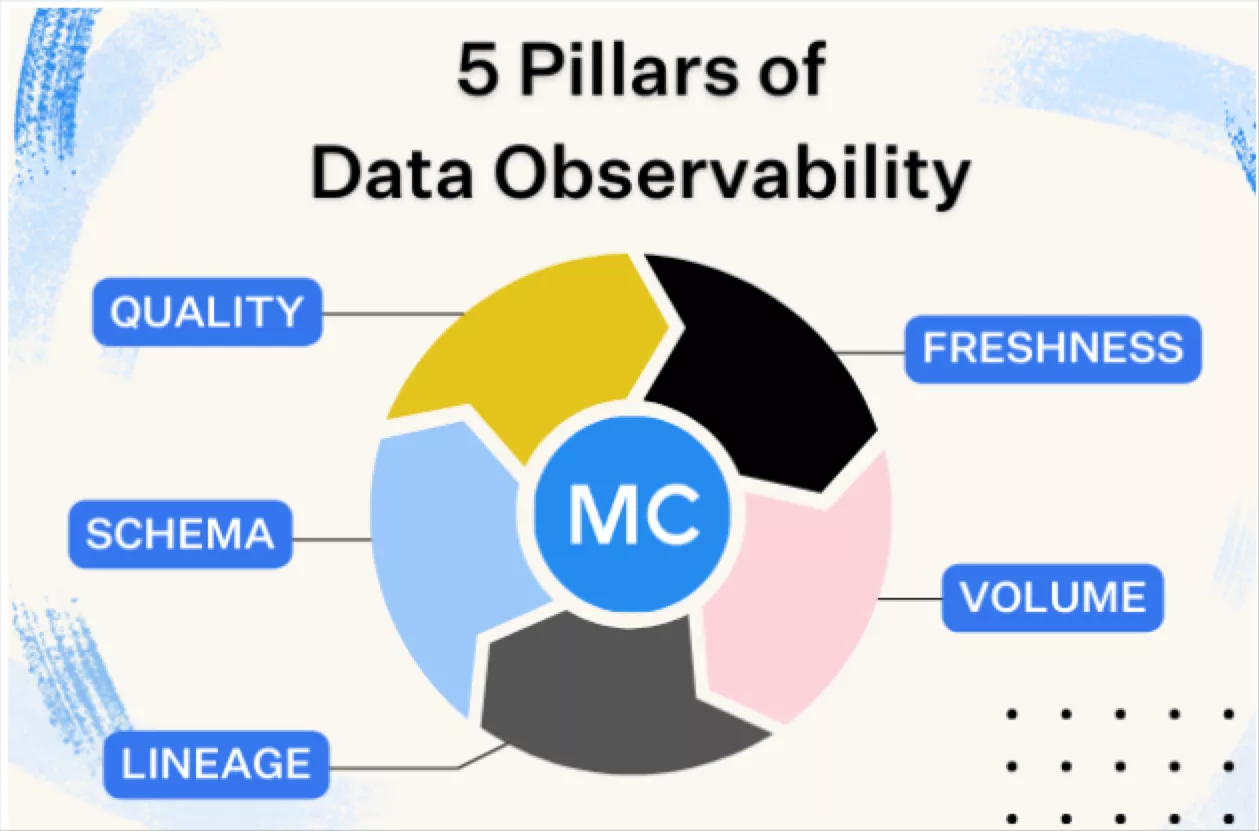 What is data observability?
What is data observability? 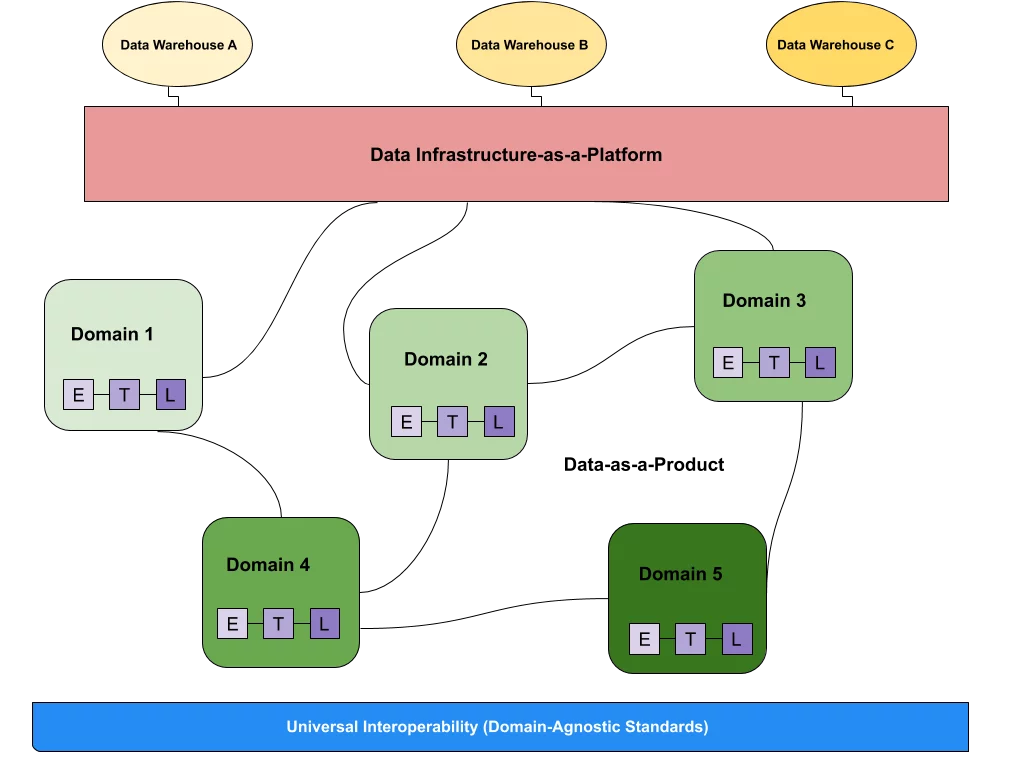 What is a data mesh--and how not to mesh it up
What is a data mesh--and how not to mesh it up 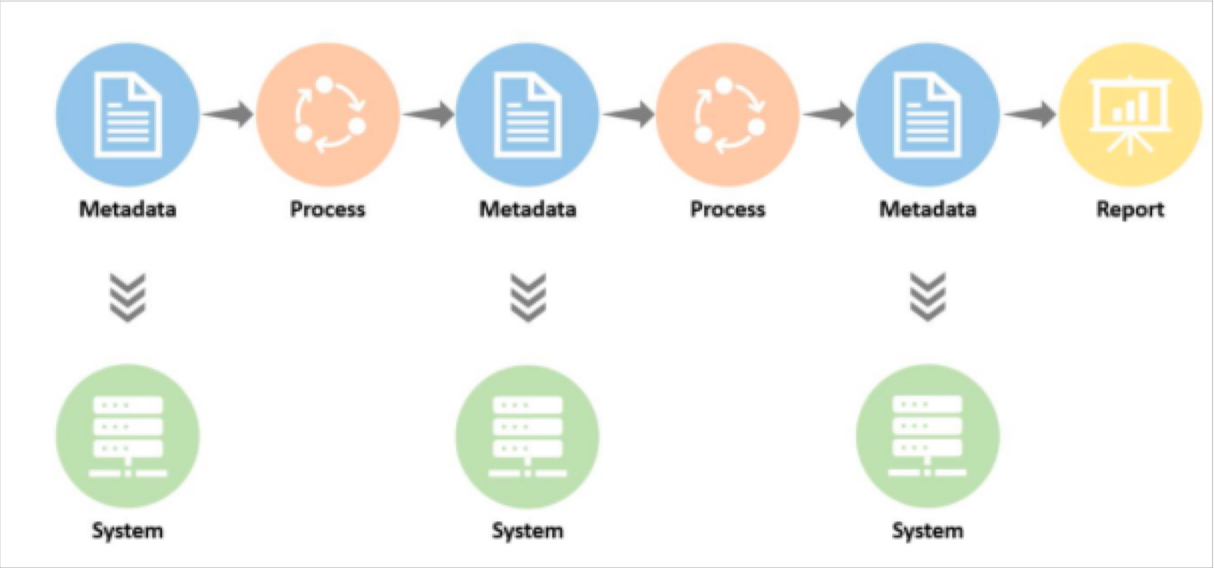 The ULTIMATE Guide To Data Lineage
The ULTIMATE Guide To Data Lineage 
